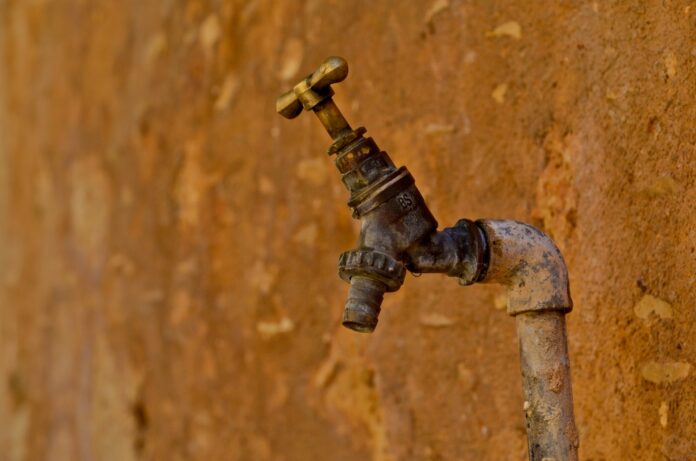Blocked drains can be extremely problematic not to mention unpleasant and serious blockages can cause result in very significant and costly issues such as overflows, leaks, and even electrical damage.
Being aware of some of the most frequent reasons for blocked drains in the home and how to spot the early signs of a problem means that you can contact a qualified professional to tackle the issue quickly and effectively before it becomes worse.
If you want to avoid blockage issues then here are some of the most common causes of blocked drains in London and how you can help to prevent them.
Foreign Objects
The only things that should go down your drains are water, human waste, and degradable toilet tissue. However, people often make the mistake of regularly flushing things such as baby wipes, cotton buds, sanitary items, face wipes, and cotton pads to name just a few which over time can build up and lead to blockages.
To prevent this from happening, ensure that there are bins in the bathrooms and encourage family members and visitors to use them and not the toilet for disposal.
Fat, Grease, and Oil
You’d be surprised at how many people don’t know that a blocked drain frequently starts in the kitchen. When you pour liquid fats, oils, and grease down the sink, most of it doesn’t actually make it to the sewers but instead clings to the edges of your pipes where it solidifies, building up over time and creating huge ‘fatbergs’ that cause serious blockage issues.
To prevent this from happening when you have finished cooking you should scrape any excess grease and fat into a pot where it can be discarded in the bin once it has hardened.
Hair and Soap
This is a commonly seen blockage in bathrooms with hair easily gripping around the plugholes of the shower and bath drains where soap suds then cling on to it and accumulate over time. This can result in the water draining slowly or even clogging the drain altogether.
To avoid this, brush your hair through properly before you have a bath or shower, buy a plug-hole hair catcher, remove hair from the plugs after each use, and if required, regularly treat with a chemical drain cleaner that dissolves hair.
Food
You may not be throwing a whole bowl of food down the drain but even the odd piece of pasta, a few grains of rice, or the odd couple of runaway peas that escape when you are draining the water from the saucepan can become stuck in the pipes.
Be sure to always scrape your plates properly in the bin before washing or putting them in the dishwasher, use a colander or sieve when draining food, and use plug protectors to help catch anything that falls into the sink.
Outdoor Debris
It is not just the plugs and sinks inside the home that can become the source of a blockage but outside drains too. Leaves, sticks, stones, rocks, dirt, and debris can easily fall or be blown into the drains, especially later in the year as the leaves fall and the weather becomes windy and wet.
This can be difficult to prevent but there are things you can do including – keeping on top of the sweeping and removing dead leaves and debris in the garden and using a drain guard or cover to prevent them from washing down the drains.

























